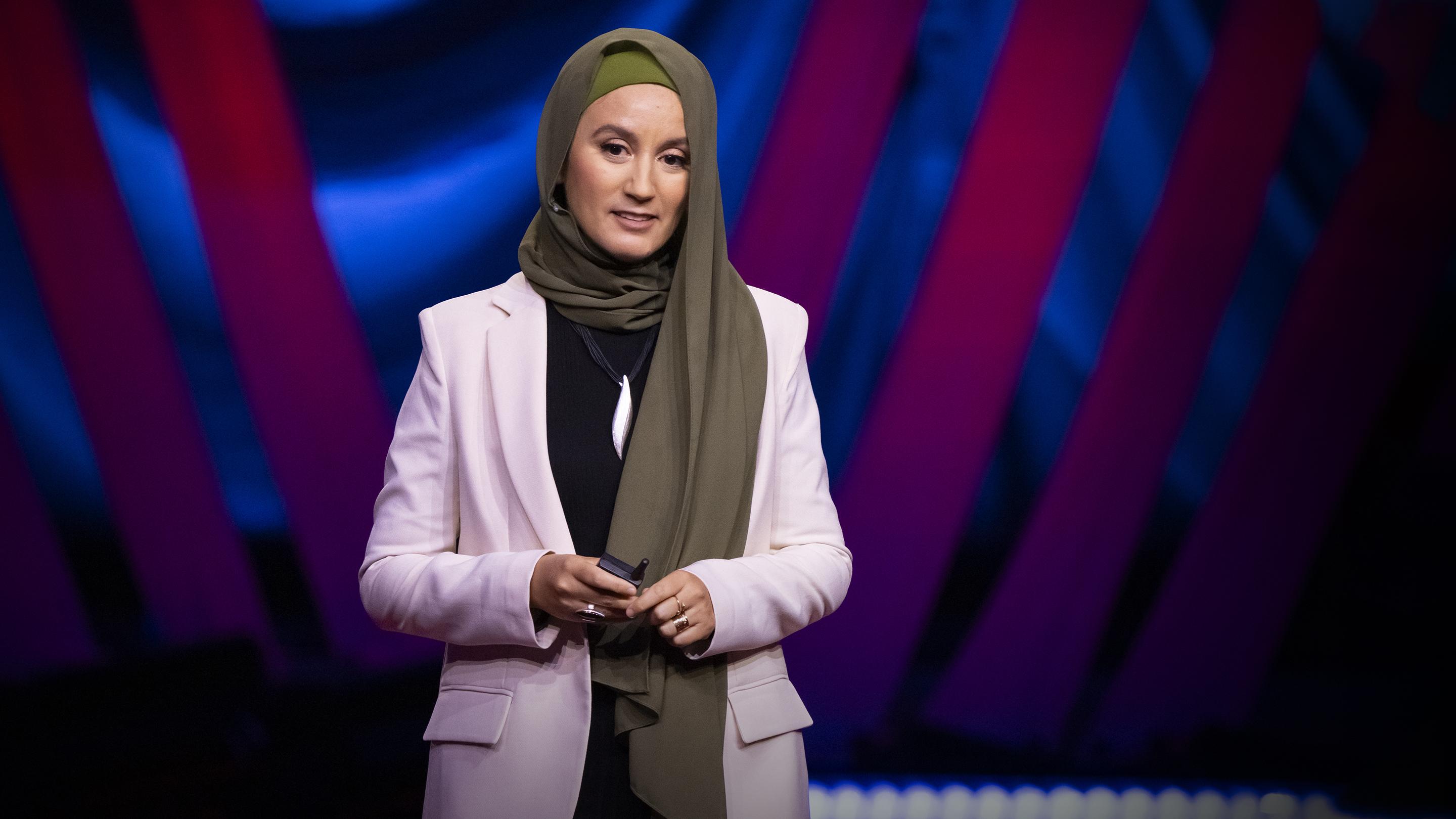
Introduction
With routine screening mammography, nearly 1 in 5 breast cancer cases are invasive tumors smaller than 1 cm.1 However, for hormone receptor (HR)–positive, ERBB2 (previously HER2 or HER2/neu)–negative, node-negative breast cancer, pT1a tumors (ie, tumors measuring more than 0.1 cm but not more than 0.5 cm in greatest dimension) were underrepresented in prior prospective trials, ranging from 6% to 13% of participants in prior trials.2,3 In the absence of strong prospective evidence, the National Comprehensive Cancer Network recommends consideration of adjuvant endocrine therapy for patients with pT1aN0 breast cancer without the routine use of multigene assay.4 Thus, we sought to examine the association of overall survival (OS) with endocrine therapy in this cohort of patients.
In this cohort study, we queried the National Cancer Database query for women diagnosed with HR-positive, ERBB2-negative pT1aN0 breast cancer between January 2010 and December 2015 who were treated with or without adjuvant endocrine therapy. Follow-up occurred until December 2016; analysis was performed from January 2020 to March 2020. Institutional review board approval was obtained from the Roswell Park Comprehensive Cancer Center; informed consent was not needed because data in the National Cancer Database are deidentified and freely available to approved Commission on Cancer–affiliated investigators. Our study follows the Strengthening the Reporting of Observational Studies in Epidemiology (STROBE) reporting guideline. The primary end point was overall OS. Kaplan-Meier method, Cox multivariable analysis, and interaction analysis were performed for survival outcomes. To address potential confounders, the logit of propensity score matched all variables in a 1:1 ratio without any replacement. The standardized mean difference of variables was less than 0.1. To address immortal time bias, reanalysis was performed after excluding those who survived less than 6 months as a conditional landmark. Sensitivity analysis was also performed on a subgroup of patients who refused endocrine therapy. All analyses were performed with R version 3.6.1 (R Project for Statistical Computing). Statistical significance was set at 2-sided P < .05 (eAppendix in the Supplement).
A total of 42 708 patients, comprising 36 985 (86.6%) White patients and with a median (interquartile range [IQR]) age of 63 (54-71) years, met our criteria, including 31 509 patients (73.8%) and 11 199 patients (26.2%) with and without endocrine therapy, respectively. The median (IQR) follow up was 42.1 (24.2-62.1) months. On Cox multivariable analysis (adjusted for facility type, facility volume, age, race, income, insurance, Charlson-Deyo comorbidity score, year of diagnosis, surgery, radiation, number of lymph nodes examined, and hospital readmission), the receipt of adjuvant endocrine therapy was associated with improved OS (hazard ratio [HR], 0.69; 95% CI, 0.63-0.76; P < .001). The Table describes 7544 matched pairs, in whom similarly improved OS was observed (HR, 0.76; 95% CI, 0.66-0.88; P < .001) (Figure). There was no statistically significant interaction of endocrine therapy with other baseline characteristics, such as age, comorbidity score, or tumor grade. After excluding 1659 patients (3.9%) with survival of less than 6 months, the addition of adjuvant endocrine therapy remained associated with improved OS (HR, 0.74; 95% CI, 0.67-0.81; P < .001). Of 11 199 patients treated without endocrine therapy, 3492 patients (31.2%) recommended therapy by a clinician refused the treatment. Compared with those who received endocrine therapy, similar findings were observed among those refusing the treatment favoring endocrine therapy (HR, 0.80; 95% CI, 0.69-0.94; P = .007).
Discussion
To our knowledge, this is the largest cohort study to evaluate the OS outcome of endocrine therapy for pT1aN0 breast cancer using a national registry database. The survival benefit identified in our study supports the National Comprehensive Cancer Network’s recommendation of adjuvant endocrine therapy in this cohort4 and is consistent with favorable outcomes previously described.5 However, the benefit of adjuvant endocrine therapy should be weighed against potential long-term toxic effects in select patients.6 Limitations of our study include unavailable variables such as performance status, toxicity profiles, and tumor recurrences, which may lead to unmeasured confounding despite matching. Reanalysis using a cohort of patients who declined recommended endocrine therapy revealed consistent findings. The risk of relapse from very small tumors remains significant enough to warrant adjuvant therapy. Our study further affirms clinicians’ decisions to recommend adjuvant endocrine therapy in this cohort of patients.
Accepted for Publication: June 7, 2020.
Published: August 24, 2020. doi:10.1001/jamanetworkopen.2020.13973
Open Access: This is an open access article distributed under the terms of the CC-BY License. © 2020 Ma SJ et al. JAMA Network Open.
Concept and design: Ma, Oladeru.
Acquisition, analysis, or interpretation of data: Ma, Singh.
Drafting of the manuscript: Ma, Oladeru.
Critical revision of the manuscript for important intellectual content: All authors.
Statistical analysis: Ma.
Administrative, technical, or material support: Ma, Singh.
Supervision: Oladeru, Singh.
Conflict of Interest Disclosures: Dr Oladeru reported receiving grants from the Partners Center of Expertise in Health Policy and Management outside the submitted work. No other disclosures were reported.
Disclaimer: The National Cancer Database is a joint project of the Commission on Cancer of the American College of Surgeons and the American Cancer Society. The Commission on Cancer’s National Cancer Database and the hospitals participating in the database are the source of the deidentified data used herein; they have not verified and are not responsible for the statistical validity of the data analysis or the conclusions derived by the authors.
References










